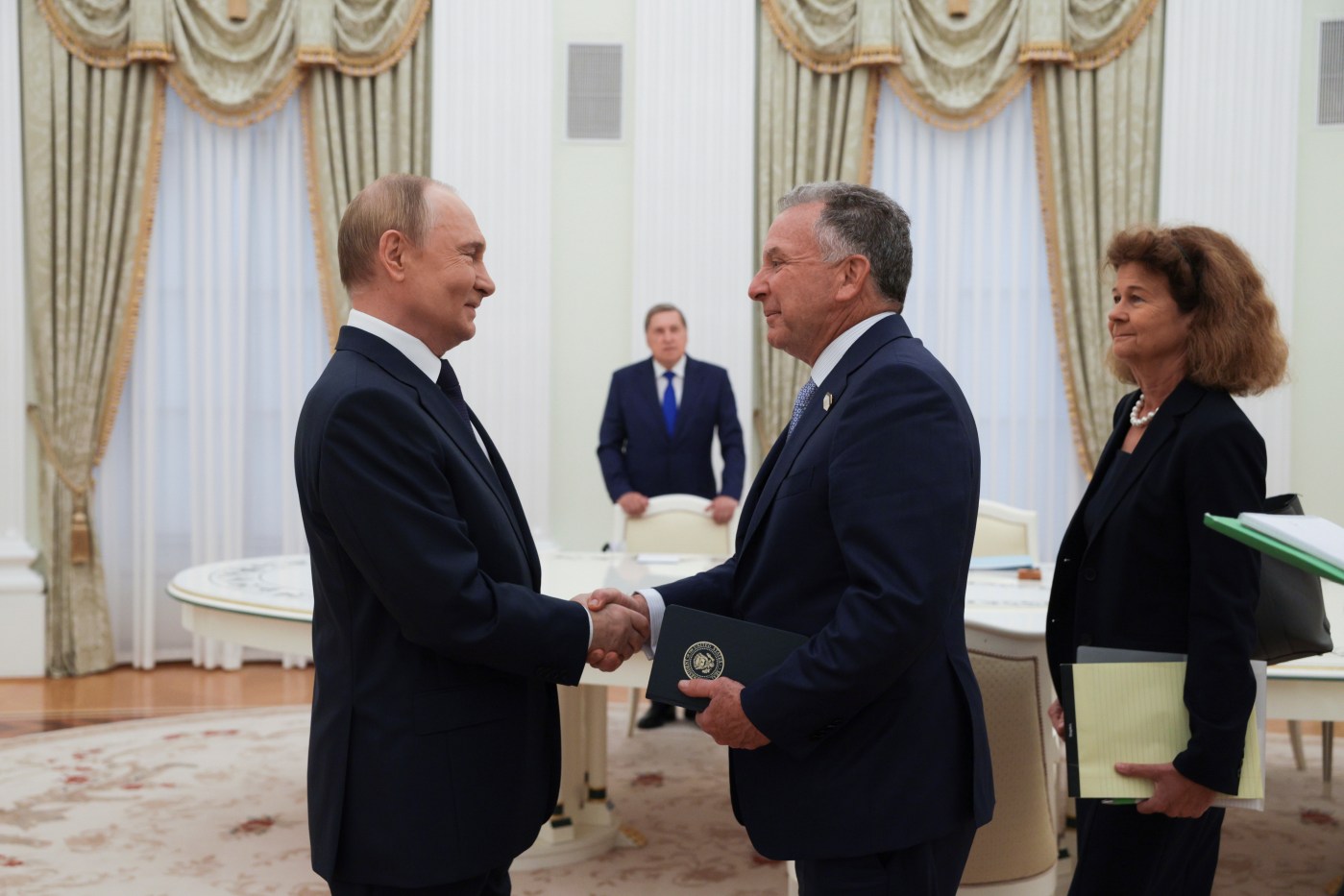The anticipated deadline set by Donald Trump for Vladimir Putin to agree to a ceasefire in the ongoing conflict between Russia and Ukraine has come and gone without a resolution. This development underscores the complexities of achieving peace, as both parties remain entrenched in their positions. Ukrainian President Volodymyr Zelenskyy has reiterated the necessity for a genuine end to hostilities, stating, “the war must end. And it must be done honestly,” which he interprets as a complete withdrawal of Russian troops.
Recently, Steve Witkoff, a special envoy for Trump, engaged in discussions with Putin at the Kremlin. These talks are reportedly paving the way for a potential meeting between Trump, Putin, and Zelenskyy in the coming days. Yet, Trump’s previous assertions that he could conclude the war “in 24 hours” seem increasingly unrealistic as he faces the gravity of the situation six months into his presidency.
Putin’s objectives in Ukraine have not been met, particularly his initial goal of capturing Kyiv. The inability to secure a quick victory has led to a protracted conflict that has drained resources and lives on both sides. The Ukrainian military continues to receive international support, including vital arms supplies from the United States and its allies, which have bolstered their defense efforts.
Challenges to Peace Negotiations
While Trump’s experience as a businessman may lend him some persuasive skills, convincing Putin to shift his stance on the war will be a formidable challenge. Analysts suggest that only significant military setbacks or escalating economic pressures will compel the Russian leader to reconsider his current strategy. The ongoing conflict has resulted in substantial losses for Russia, yet Putin’s ambitions may lead him to pursue territorial gains despite these setbacks.
Zelenskyy’s position emphasizes the importance of negotiating from a place of strength. A viable resolution must allow both parties to claim some form of victory, which could necessitate concessions to Russia. However, crucial non-negotiables must remain intact, particularly Ukraine’s territorial integrity, which should be preserved according to the borders established prior to the February 2022 invasion.
The stakes are high, as the outcome of this conflict will have lasting implications for European security and global stability. It is essential to communicate clearly to Putin that his expansionist goals have failed. Such a message may also influence Trump’s own views regarding territorial ambitions, signaling an end to the era of military annexations.
As the situation evolves, the international community remains vigilant, understanding that dialogue is a critical component in navigating towards a resolution. While peace may seem distant, the efforts of leaders like Trump to facilitate discussions are necessary steps towards ending the conflict and restoring stability in the region.





































































